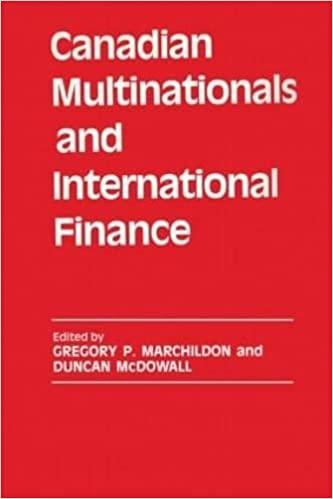Question
Buildstuff Ltd. is a construction company which in the past had a large market capitalisation and turnover, but, after the great recession of the late
Buildstuff Ltd. is a construction company which in the past had a large market capitalisation and turnover, but, after the great recession of the late 2000s and the recent pandemic, finds itself struggling to recover to its past stature in the industry. The company has, over the past decade, sold off or spun off all its subdivisions and is now focussed solely on its core competency of managing and constructing shopping malls. Demand for new malls has dropped since 2010, however, there is still some demand as the population of the country continues to urbanise and more high-density residential development takes place. This leads to the formation and movement of commercial nodes to areas with higher population densities and the opportunity to build or manage malls in these new nodes. The management of Buildstuff Ltd (from hereon, management) believes that the company can operate in this environment and return healthy profits. Management believes in the turnaround plan and the prospects of the company and is sure that it will return to being a large competitor in its industry, however, it is not expected that the company will return to its size pre the late 2000s recession. The management wishes to raise more funds to implement the proposed turn-around plan. Below follows some financial information regarding the company: Current number of shares in issue: 300 000 000 Current share price: 50c Current capital structure: Assets = R150 000 000; Liabilities= R140 000 000; Equity = R10 000 000 Current EBIT (operating profit) = R15 000 000 Current interest expense = R14 000 000 Tax rate: 28% Current beta: 1.9 Risk free rate: 6% Market risk premium : 7% The company has had to incur a lot of debt to stay afloat and is planning a rights issue to raise funds to repay some of its debts and to implement its turn-around plan. Management estimates that it needs R30 000 000 over and above any retained earnings to implement the turnaround plan while they wish to lower its debt by R20 000 000 in order to bring about better profitability due to reduced interest payments, together with more future flexibility. It is not expected that EBIT would change for the foreseeable future and that any effect of the turn-around plan would only be felt later. The company would also immediately use the R20 000 000 to retire debt to that amount, while the R30 000 000 for the turn-around plan would be kept as cash initially. The interest payment is expected to fall in line (proportionally) with the reduction in the amount of debt. Required: a.) Determine the amount of funding that the company requires and the amount of rights the company would have to issue if it is assumed that transaction and related costs 3 amount to 10% of the value of each right issued, while it is expected that the issue will be fully taken up and the price of a right is set to 20c. (4 Marks) b.) Show the journal entry (general ledger) that you would record for this transaction. Just the accounts and the amounts would suffice. (2 Marks) c.) Calculate the theoretical price per share after the issue and the WACC for the company after the rights issue. *HINT: equity would be the theoretical price per share multiplied by the new amount of shares outstanding (10 Marks) d.) Calculate the current ROE and the expected ROE after the rights issue and compare the two. (4 Marks) e.) Determine the EPS under the current structure and after the rights issue. Then argue from the perspective of an investor, whether you support the rights issue or not. Base your argument on the difference in EPS if you do not expect the companys EBIT to increase for at least 5 years. (3 Marks) f.) Considering the broader case and not just the EPS, briefly argue for or against the rights issue and restructuring plan and provide at least one real-world example of a company that used a rights issue to raise funds and the subsequent performance of the company to staff your argument. (7 Marks) (You can use a Google search or similar to find cases and please reference the source you use. If not a news article or similar, you can refer to the share price of the company after the rights issue and reference where you found the share price.)
Step by Step Solution
There are 3 Steps involved in it
Step: 1

Get Instant Access to Expert-Tailored Solutions
See step-by-step solutions with expert insights and AI powered tools for academic success
Step: 2

Step: 3

Ace Your Homework with AI
Get the answers you need in no time with our AI-driven, step-by-step assistance
Get Started


